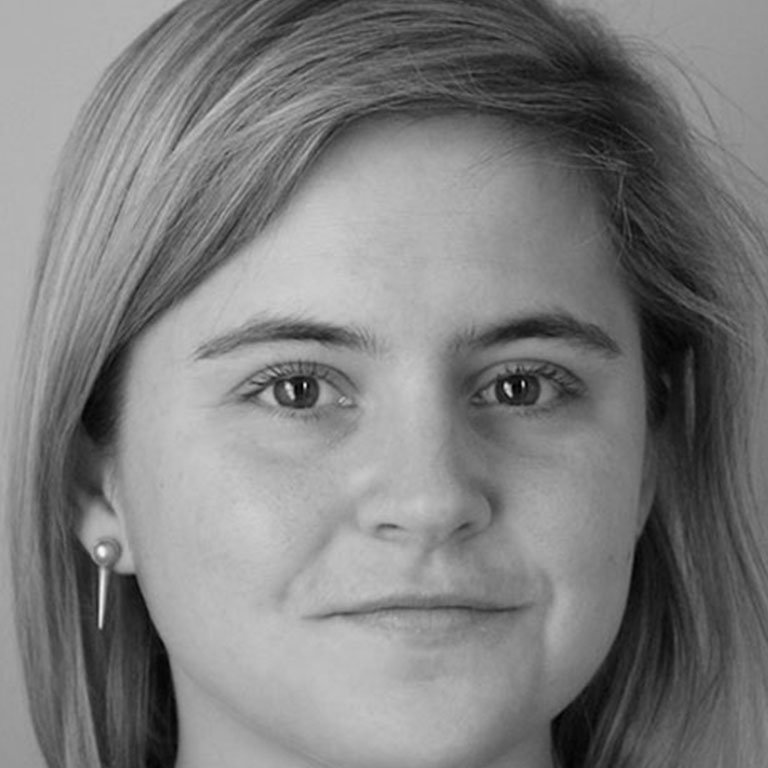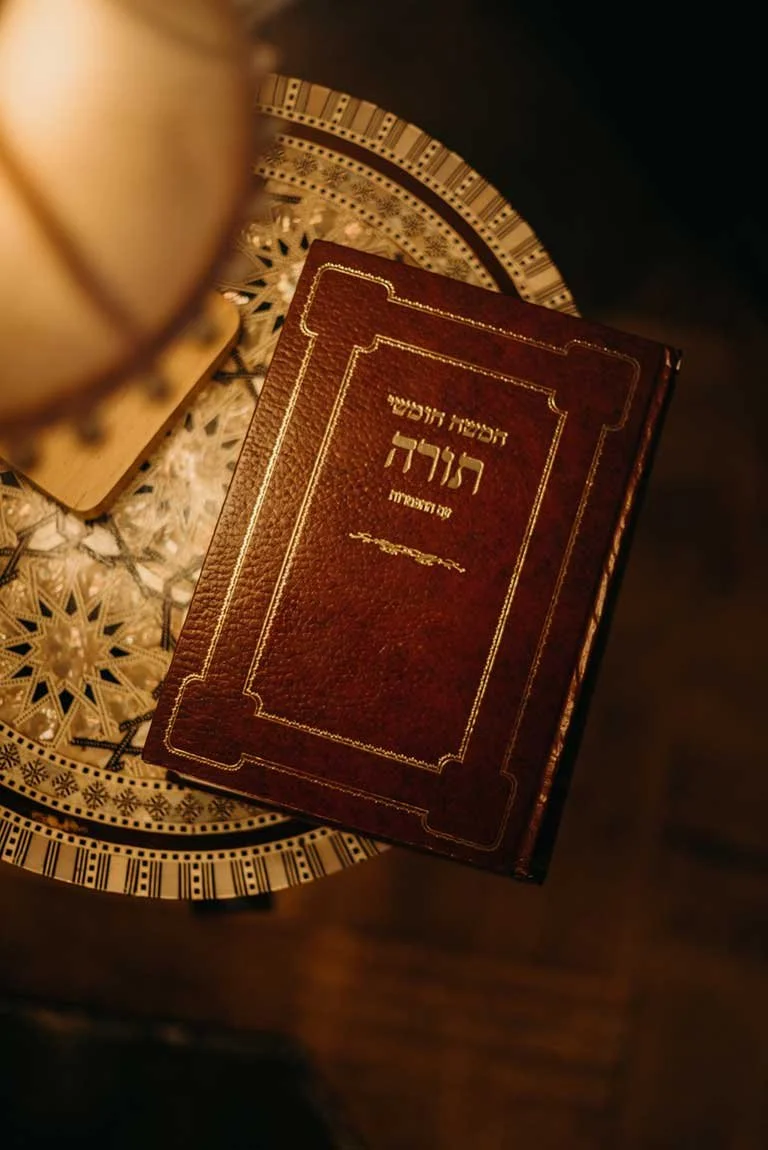Kelsey Osgood is the author of the 2013 memoir How to Disappear Completely: On Modern Anorexia, which was chosen for the Barnes & Noble Discover Great New Writers Program. Her work on religion has appeared online or in print at Plough, The New York Times, The New Yorker, and other publications. She’s currently at work on a book about religious conversion among women for Viking Penguin. A fan of Ernest Becker’s work, Kelsey wrote “Ernest Becker and Our Fear of Death,” focused on the religious elements of Becker’s work, for the Plough Quarterly Magazine.
When did you first come across Becker, and what was your reaction?
I first read Becker when a teacher recommended The Denial of Death to me. I was totally on board. I’ve always been a sucker for asking big questions about life and death. A therapist once suggested that maybe the reason that I wanted to ask all these questions was because I had depression as a child. Then a few years later, I thought, “But aren’t these totally legitimate questions? Why is this pathological? Why wouldn’t these just be normal things that people ask themselves? How do you not walk around asking yourself these things?” I was moving away from the therapized ideology of my teens and twenties and towards a more spiritual/theological one, and these are exactly the two worldviews Becker is grappling with in the book. So when I read it, the timing was really good.
When did you become Jewish, and can you tell us about that process?
I finished converting to Judaism six years ago. I was raised agnostic/unaffiliated American, Christmas-and-Easter Christian, but around age eight, I decided that I was going to be an atheist because I figured that because you can’t see God, and you can’t hear Him, so He must be a ploy. It must be a lie. And when I was a kid, I was really big into adults lying to children. I thought school was also a ruse to keep us down, forcing us to do meaningless things all day. So, I figured that God was similar. Adults want children to behave in a certain way, and so they use God as a tool towards this end. So I was an atheist from age 8 or so until around 21, 22. After that, I was what you might describe as spiritual but not religious. And then in 2008 I started the more formal conversion that I finished when I was 31.
How did you choose Judaism?
I barely knew any Jewish people until I got to college. At first, I was really attracted to how holistic a worldview it is, how you can really see anything through the rubric of Judaism and look to Judaism for guidance on virtually anything you might be grappling with. On a practical level, my early introductions to the faith were in college. A friend of mine studied in Israel and I went to visit her and was again really moved by the religious expression that I saw there. My husband was born and raised a Reform Jew, but I decided that I wanted to do an Orthodox conversion. Compared to many denominations of Christianity, I liked the focus on action over feeling, especially as someone who easily overthinks and needs an off-ramp from that.
I also appreciate the scholarship elements – the fact that there are thousands of years of texts and a rich body of literature was really big to me. Shabbat was a major attraction, too. Now more than ever, I think we see how wise it is to have times where we walk away from everything. So that continues to be very compelling for me. Shabbat is a huge part of my life and I can’t really imagine not having that.
We can’t be mired in despair all day about how cruel our circumstances are, or we’d go insane. And religion succeeds at helping us not to feel that way.
Do you think religion can function as its own version of death-denial?
Religion can of course become its own impenetrable world, and it can take away any ability or need to wrestle with existential questions. That’s because for a lot of religious people, that’s the way they are born; they do the things that their parents and grandparents did. As somebody who became religious as an adult, it was actually a little bit surprising to me that not every religious person has the same experience that I had, an intense existential turmoil that leads to a wholesale lifestyle change. There are people who are mostly culturally mainstream who just happen to also be religious, because that’s the culture into which they were born. Depending on the religion, there might be greater or fewer opportunities to delve into these existential ideas and questions in a formalized way. Judaism prizes lifelong learning – it’s common for adults to take classes or simply pair up to study religious texts – so I feel like it’s a belief system that offers an unusually high number of chances to wrestle with this stuff in an academic and spiritual way. The more rightward you get along the religious spectrum, they’re not talking about what is the nature of existence as much perhaps, because they think that they already know that, and the more leftward, the more the ideology just resembles secular humanism, with all its de-emphasis on the Divine.
The famous Becker quote is that religion “solves the problem of death,” which many take as him being denigrating towards religion (particularly if read out of context). But I think he’s actually paying religion a compliment, if I’m reading him correctly. He maintains throughout Denial of Death that we can’t all just live with knowledge of our mortality at the forefront of our minds all the time – we’d go crazy. Here, he’s basically saying that yes, religion functions to help us cope with death, but this isn’t necessarily a bad thing. We all need a little bit of delusion (or departure from the world around us), because we need to function; we can’t be mired in despair all day about how cruel our circumstances are, or we’d go insane. And religion succeeds at helping us not to feel that way.
As somebody who writes about religion a lot, but in publications that aren’t necessarily inclined towards religion as a topic, I feel that my job is to show that there are these kernels of wisdom in many theological traditions that have a lot to say about how we should be functioning in in our world and how we should be dealing with the existential threats we face.
In your article you emphasize that Becker viewed religion with much more importance than people seem to realize. Why do you think it’s important not to overlook Becker’s views on religion?
Religion isn’t the answer to everything, because religion is practiced by humans and humans are subject to all sorts of unproductive feelings, thoughts, fears, and cultural baggage. But Becker makes a salient point which is that religion points upward, and not downwards towards the earth, and we need something that does that in order to most efficiently and effectively help us handle our fear of death. So much of what we have at our disposal nowadays tell us to find this stuff within ourselves, or within the external world. And I think Becker counters that and says sorry, you’re not going to be able to do that. Humans need something larger, more abstract perhaps, and awe-inspiring when talking about mortality. And I thought that was what was so beautiful and poetic about Becker’s last interview. He spoke very well about this idea that you have this life, and then you just give it back, you put it back where it belongs, you give it back to the universe. To me, that’s a very religious idea. He said at the beginning of that interview that he was being given the chance to show what a good death (my words, not his) would look like, to put his money where his mouth was, so to speak, and in my opinion, he succeeded so movingly. And he did so, by his own account, because he was able to lean on the idea of God.



